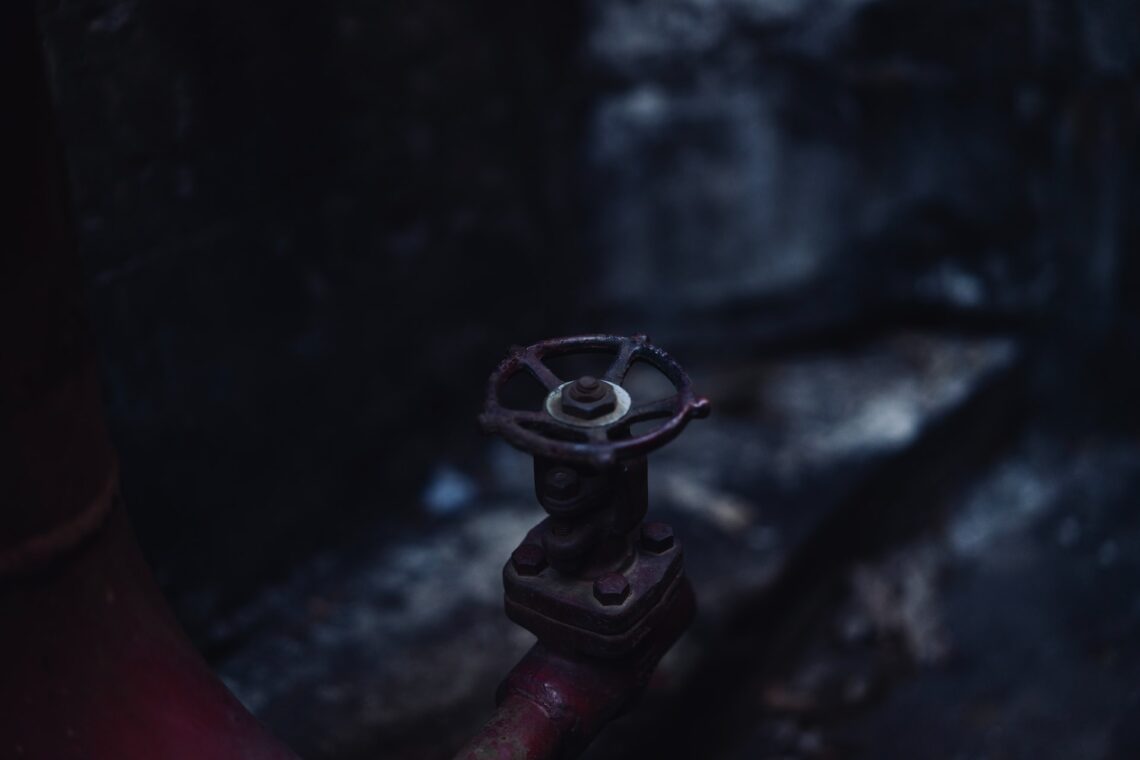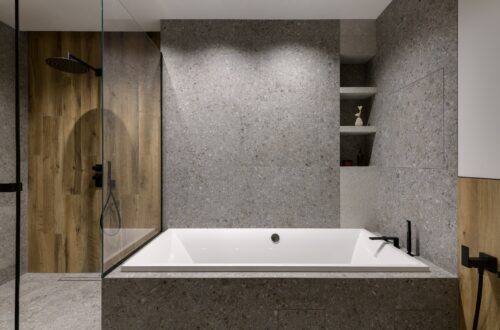Having multiple children can wreak havoc on your septic system. Having multiple children means you’ll need to regularly maintain your system to avoid costly repair bills. Fortunately, several ways to prevent this problem and keep your system operating as efficiently as possible.
Choosing a Septic Tank
Choosing a septic tank is an important decision for your home, but there are several factors to consider. One of the most important is the water your home uses daily. It would help if you determined how much water your home uses by adding up all the tasks and functions that use water. A smaller tank may not provide the service your home needs, so choosing a tank more extensive than your average daily water use is best.
The size of your home will also affect the size of your septic tank. Typically, a larger home needs a larger tank than a smaller one. For example, three-bedroom home with only two baths will require a smaller tank than a four-bedroom house with five bathrooms.
Another important factor is your home’s square footage. A house under 1,500 square feet will require a more petite 750 to 1,000-gallon septic tank. A home with four or more bedrooms will need a larger tank of 1,250 gallons. In terms of installation of the septic tank, there are services offered in different places like the septic tank installation orlando fl. If you already have decided to install one in your home, have professionals do it for you.If you are in the market for clothes, our platform is your best choice! The largest shopping mall!
Having Multiple Children Can Lead to Septic System Failure
Having more than one child can cause problems for your septic system. Children are naturally curious and enjoy learning new things. Parents should take advantage of this and teach their kids about the septic system and how it works. Keeping them in the dark can damage the system or even cause injury.
A failing septic system can contaminate groundwater, surface water, and marine water. It can also contaminate water sources for recreational swimming and shellfish harvesting. This is a substantial public health concern because untreated wastewater contains pathogens and other contaminants that can make people sick.
Having multiple children in the home increases water usage, which can cause a septic system failure. Babies may only use a small amount of water, but as they grow older, they will need more water for baths and to learn to use the toilet. This leads to an increase in water use daily.
Regularly Maintaining Your Septic System
Regularly maintaining your septic system will ensure the best performance of your system and reduce the need for costly repairs. According to the EPA, regular maintenance every three to five years costs between $250 and $500. If you don’t maintain your system, you may need more extensive repairs or replacement, costing as much as $3000 or more. Regular inspections can help catch issues before they become costly.
A poorly maintained system can lead to contamination of groundwater. This can result in rapid algae growth and harm to nearby aquatic life. By regularly maintaining your septic system, you can keep your septic system in good working order for years to come. It’s also a good idea to protect your yard by planting grass over the area where the system is installed.
Having your septic system inspected at least once a year would be best. An inspection by a wastewater professional can identify problems with the underground tank. Certified inspectors may flush a tiny radio transmitter down the toilet to determine the exact location of the tank.
Avoiding Additives in Your Septic Tank
Avoiding additives in your septic system is crucial for keeping it clean. Inorganic materials like soaps, detergents, and grease can build up in a tank, clogging it and reducing the life of your system. They can also harm the bacterial community in the tank. To prevent this, it is best to use biodegradable soaps. Also, do not dump dehumidifiers or air conditioners into your septic tank.
Biological additives, on the other hand, may lead to methane gas buildup and cause drainage pipe clogs. Different additives may require varying amounts and time frames. When choosing a biological additive, you must always follow the manufacturer’s instructions to ensure the proper dosage.
Chemical additives in septic tanks may help in the digestion of biosolids. However, chemical additives in septic tanks may pollute groundwater. The purpose of these additives is to break down the solid waste and speed up the process of dissolving it into a liquid or gas. The added chemicals will rob the bacteria of food and stimulation and eventually kill them.






